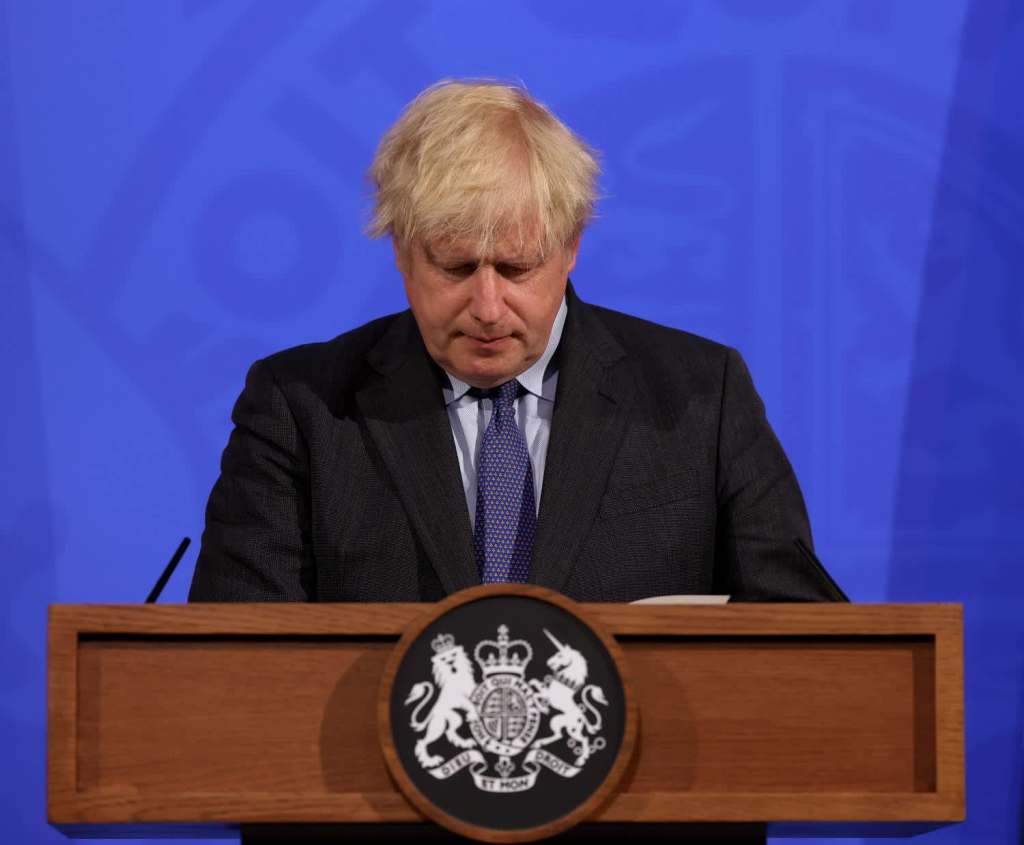UK Prime Minister Boris Johnson has announced an extension to the UK’s lockdown of four weeks as the country grapples with the new Delta variant of the COVID-19 virus.
This means capacity limits for sports, pubs, and cinemas will remain in place while nightclubs will remain shut.
June 21, or ‘freedom day’, as it had become known, was the date set by the UK government back at the start of March for lockdown restrictions to lift completely.
Unlike Australia, the UK has been promising the lifting of restrictions based on timelines, rather than case numbers. However, with the Delta variant, first identified in India, now raging throughout the country, the government has had no option but to suspend the opening up of the country.
With over a million Aussies being born overseas in the UK, and people of Anglo-Celtic ancestry making up some 60% of the population, the news will come as a blow to the many Australians supporting family abroad.
Why Has The UK Lockdown Been Extended?
England’s rate of new infections has climbed to its highest level since March 2. Some 37,729 new infections were recorded in England in the seven days to June 9, according to Public Health England (PHE).
PHE also reported that the UK had logged 7,742 new infections in just the last 24 hours — the highest one-day tally since February.
In a press conference, Johnson announced that the recent easing of restrictions in the UK has “inevitably been accompanied by more infection and more hospitalisation”.
“We cannot simply eliminate Covid, we must learn to live with it,” Johnson said, adding that he wanted the lifting of restrictions to occur at a time when they could be “irreversible.”
90% of new infections are caused by the new, highly transmissible Delta variant. Cases are growing by nearly two thirds per week, the PM said, faster than predicted by the government in February when the threat was identified.
Johnson stated that “one last heave” would be necessary to give the government more time to vaccinate people and get the UK back on track
What Does This Mean for Brits in Aus?
Treasurer Josh Frydenberg made the announcement during the budget speech that Australian borders will likely remain closed for another 12 months.
The UK is likely to be one of the last countries that Australians will be able to travel to, mainly down to the high COVID case numbers in the country.
Podcast The Quicky recently reported on the emotional toll of the ‘Fortress Australia’ policy that has largely kept Australia safe from the coronavirus.
While the policy has been effective, The Quicky report that those with family abroad, some 30% minimum of the country, are struggling with the weight of emotional separation from friends and loved ones.
They cover anecdotal examples of foreign-born nationals in the healthcare and frontline industries who are heading back to their home countries since they can no longer stand the pressure of not being near loved ones, particularly when the worst could happen.
The emotional toll on Aussies with family abroad has been growing as other countries open up. Australia has one of the world’s harshest lockdown restrictions and calls have been made to broaden compassionate access to travel.
With this new announcement that Britain is going to extend its lockdown due to the rampant Delta variation, the same one that caused the recent outbreak in Melbourne, Australia seems less likely to loosen restrictions to the UK or elsewhere.
That being said, Britain and Australia have reached a new post-Brexit free trade agreement that could see the greater movement of people between the two countries.
Britain is also well ahead of Australia in its vaccine rollout, having vaccinated most people above the age of 30 and working their way down through the 25-30 age bracket currently. Some 78% of the population have received at least one dose of the vaccine.
With closer ties to the UK in the works, and strong cultural and population ties to the UK, Australia could attempt to establish travel corridors with the UK sooner rather than later. That plan, however, still looks to be many, many months away.
Read more stories from The Latch and subscribe to our email newsletter.







